
The enigmatic and anonymous Elena Ferrante, an Italian resisting public discovery, with stories that have taken the world by storm, is perhaps the most talked-of author at the moment. With an upcoming HBO adaptation of her My Brilliant Friend, as well as two successful Netflix adaptations attached to her name, Ferrante’s stories are quickly moving off the page, with production houses capitalising on the author’s fiery momentum. While perhaps the entirety of the Anthropocene is intent on aggressively recommending Ferrante to all who read and will listen, it is important to know why this is such a worthy and credited readerly recommendation.
With stories that offer poignant literary and cultural critiques, containing balanced, introspective and deeply nuanced portrayals of womanhood, specifically along familiar themes of loneliness, female friendships, adolescence, desire, motherhood, and sexuality, it is no surprise that the ‘Ferrante Fever’ has overwhelmed the reading world, with ‘reading vigils’ being held ahead of her book releases in Italy. Beyond singles like The Days of Abandonment and The Lost Daughter, the bulk of her intellectual and emotional achievement as an author lies in her tome: The Neapolitan Novels, a stunning bildungsroman in four parts. To read Ferrante is to be part of the feverish cult that is now attached to her name.
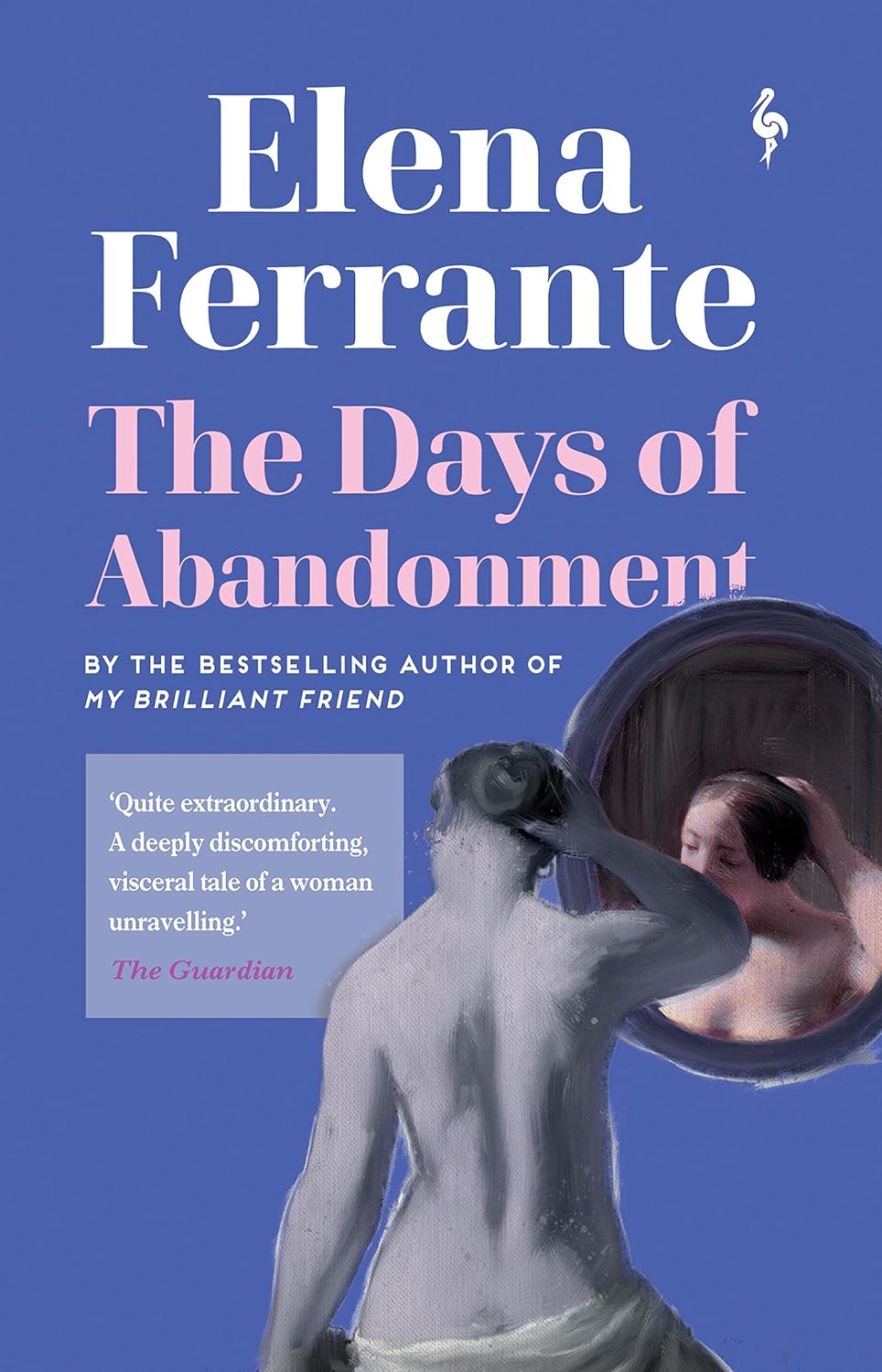
The Days of Abandonment
Translated into English by Ann Goldstein, this 2002 release is perhaps the most representative and condensed bite from the feast that is Ferrante’s literature, often touted as a good introduction to her literary themes and preoccupations. Plunging into the raw emotions of Olga, a wife and mother abruptly left by her husband, “The Days of Abandonment” takes us to a phenomenal protagonist’s despair, rage, and a sense of lost identity. The novel explores the depths of her grief as she navigates a single life, motherhood, and the struggle to rebuild herself in the face of abandonment.
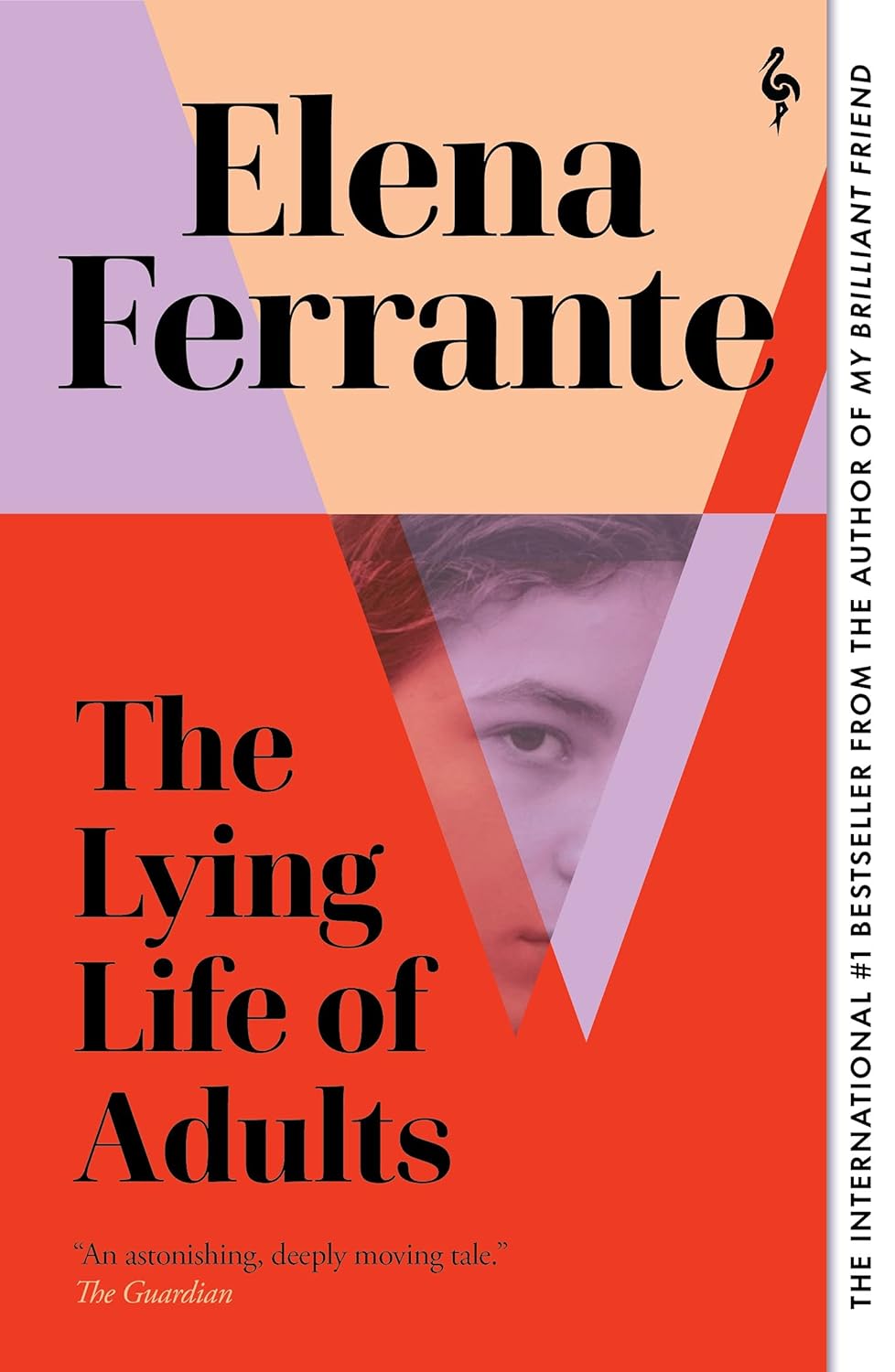
The Lying Life of Adults
Adapted for TV by Netflix, this 2019 release takes us to Naples in the early 1990s, where a twelve-year-old Giovanna overhears a nasty comparison between herself and her estranged aunt Vittoria. Consumed by this, Giovanna ventures into the city’s underbelly to find Vittoria, seeking answers about her family’s past and her own reflection. As she navigates the stark contrast between her privileged upbringing and Vittoria’s chaotic world, Giovanna grapples with disillusionment, questioning the truth behind her parents’ facade and the complexities of adulthood.
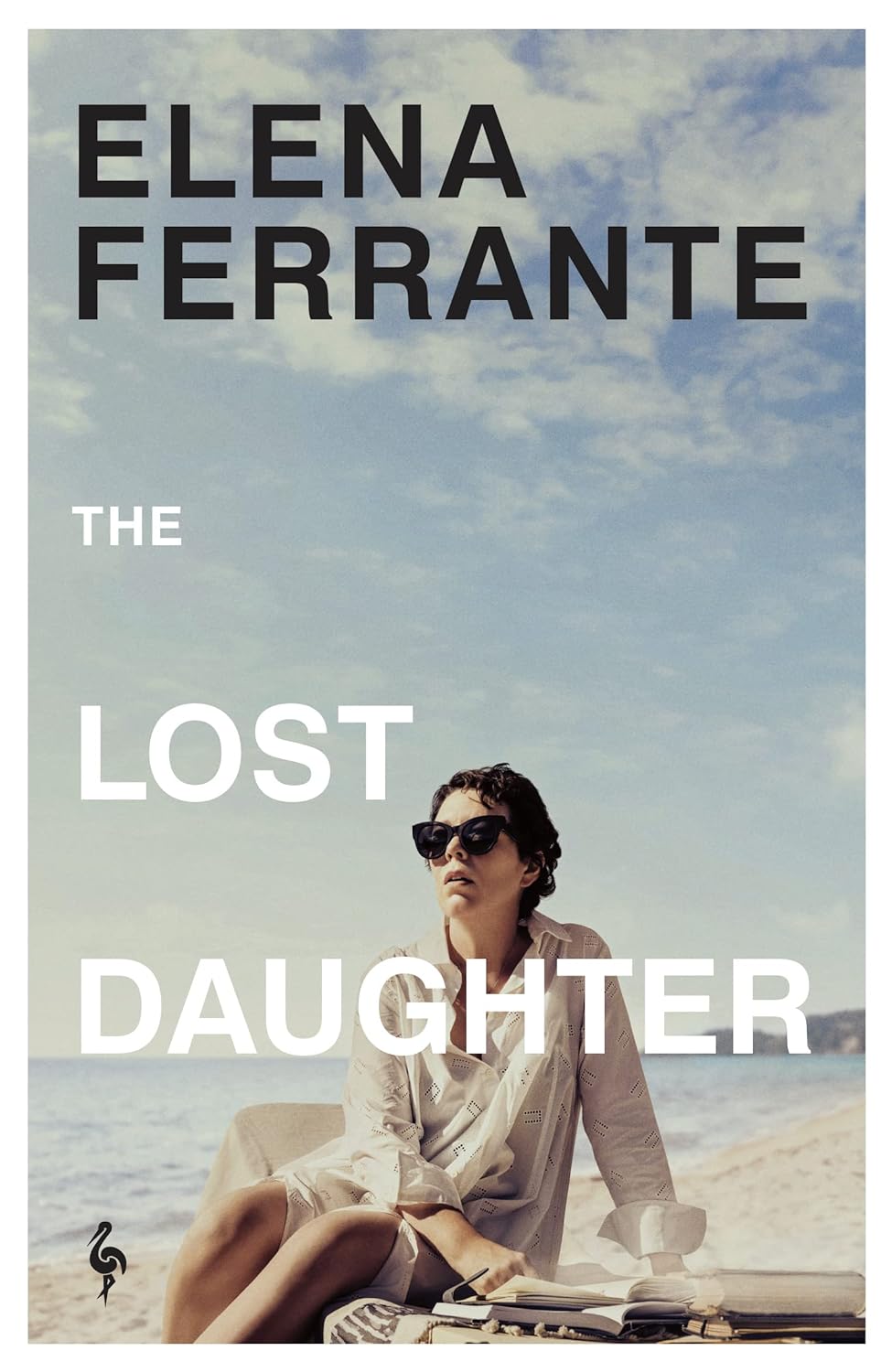
The Lost Daughter
Maggie Gyllenhaal’s directorial debut, a stunning film adapted for Netflix, Ferrante’s The Lost Daughter explores the variegated complexities of motherhood through Leda, a divorced woman vacationing alone. Enthralled by a young mother, Nina, Leda develops a unique relationship that unlocks raw memories of her own difficult choices as a parent, forcing her to confront the many ways in which these choices have edged against her personal ambitions and notions of self. As past and present collide, Leda grapples with societal expectations and the fierce, sometimes messy, love between mothers and daughters.
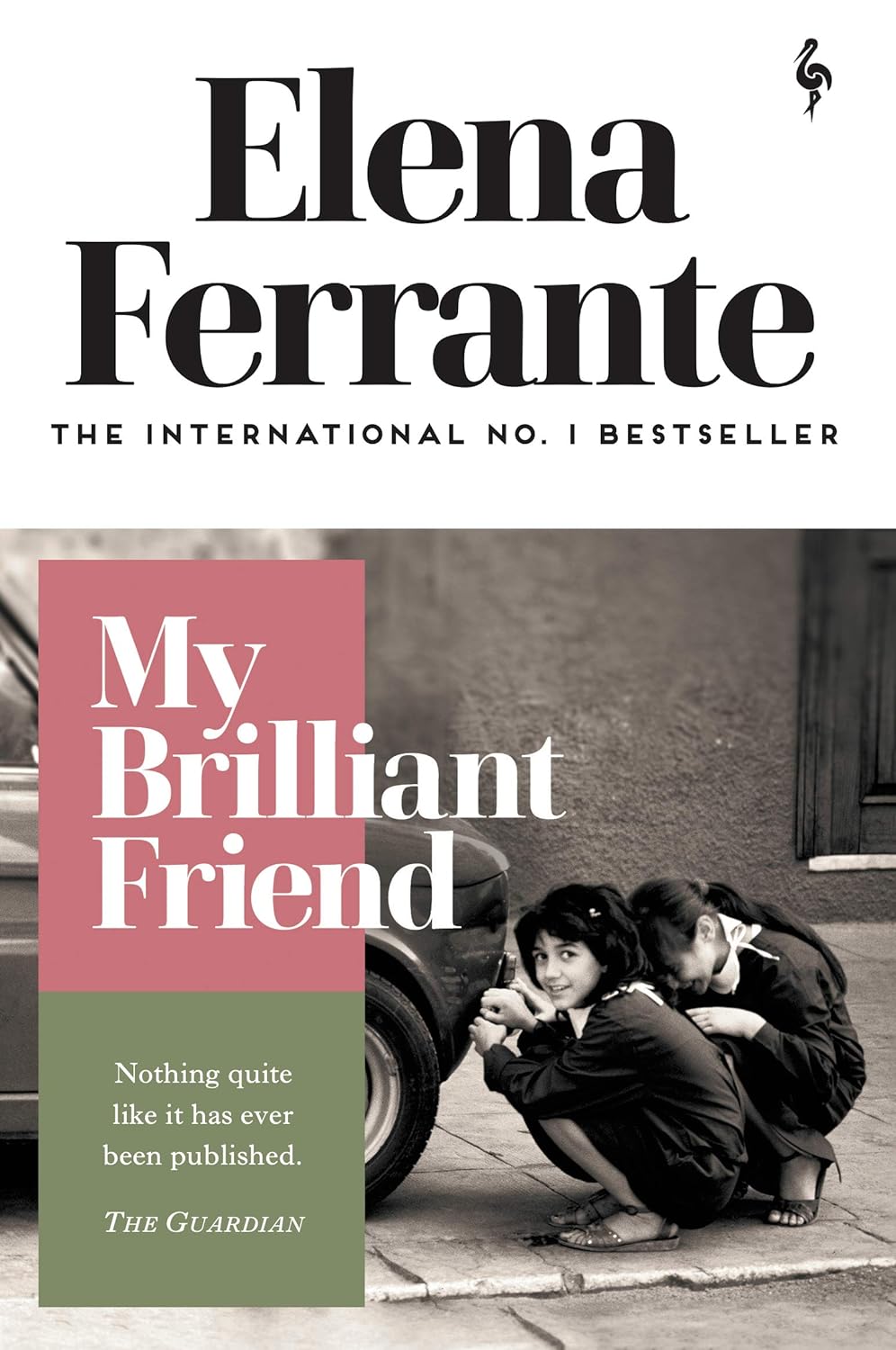
My Brilliant Friend (Neapolitan Novels)
In Elena Ferrante’s “My Brilliant Friend,” we meet Elena and Lila, two young girls bound by an intense friendship amidst the poverty and violence of 1950s Naples. Elena, the narrator, is captivated by Lila’s fierce intelligence and rebellious spirit. As they navigate school, boys, and their limited opportunities, their lives diverge – Elena pursues education, while Lila chafes against societal constraints. This first novel of the Neapolitan Quartet explores themes of female friendship, class struggle, and the enduring impact of childhood experiences.
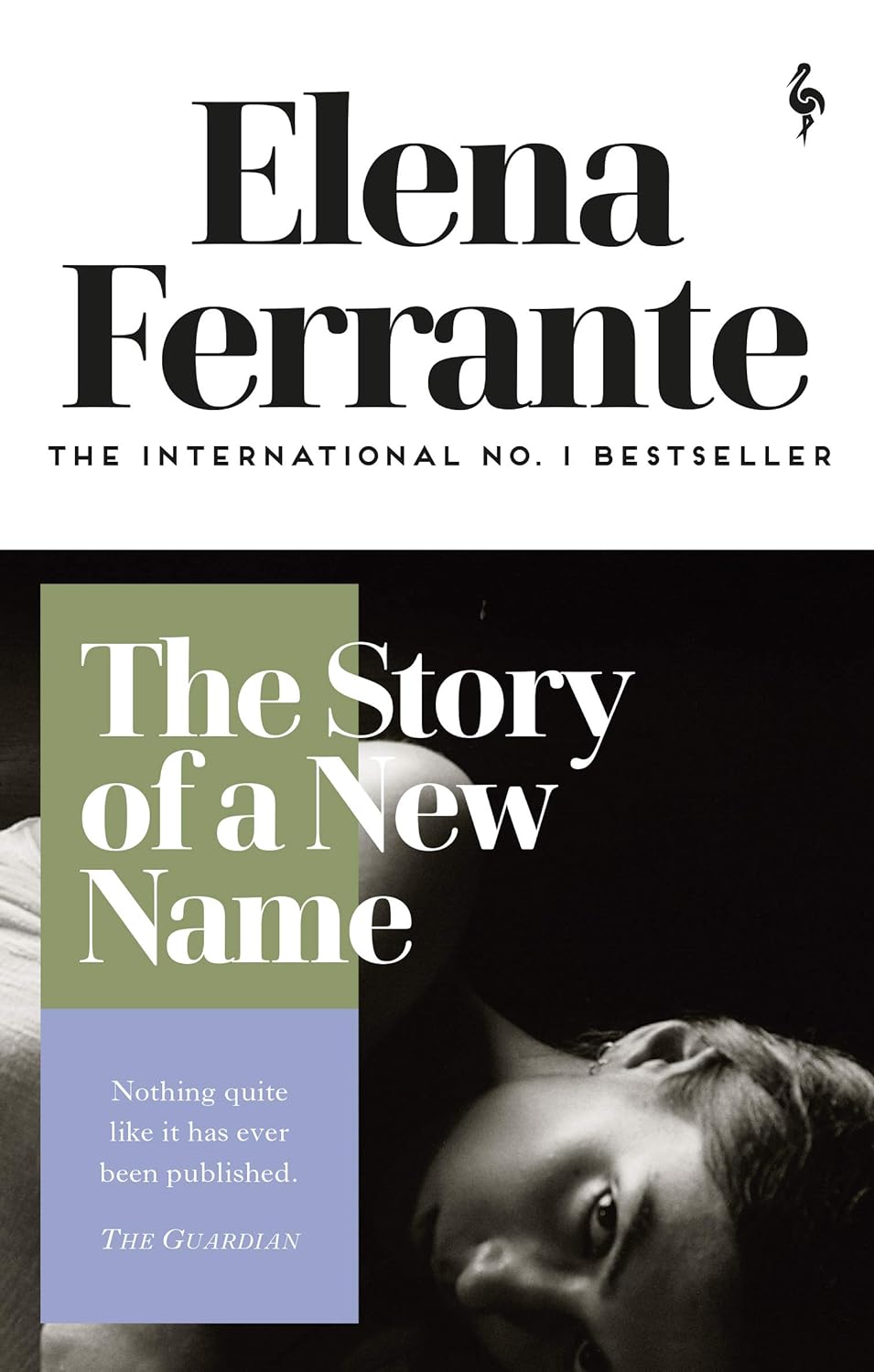
The Story of a New Name (Neapolitan Novels)
“The Story of a New Name”, part two of Elena Ferrante’s Neapolitan Novels, picks up where childhood friends Elena and Lila diverged. Lila marries young, entering her husband’s family business, while Elena escapes their rough Naples neighbourhood for university. Their bond remains, but adulthood brings new tensions. Elena grapples with societal expectations while Lila fights for freedom within a suffocating marriage. As they navigate love, loss, and the desire to forge their own paths, their complex friendship continues to be a source of strength.

Those Who Leave and Those Who Stay (Neapolitan Novels)
In “Those Who Leave and Those Who Stay,” the third book of Ferrante’s Neapolitan Novels, childhood friends Elena and Lila navigate their complex bond as adults. Elena, a published author, grapples with an unfulfilling marriage. Lila, fiercely independent, has left her abusive husband and finds factory work while yearning for intellectual pursuits. Set against the backdrop of 1960s and 70s Naples, the novel explores themes of female friendship, societal constraints, and the choices that shape lives.
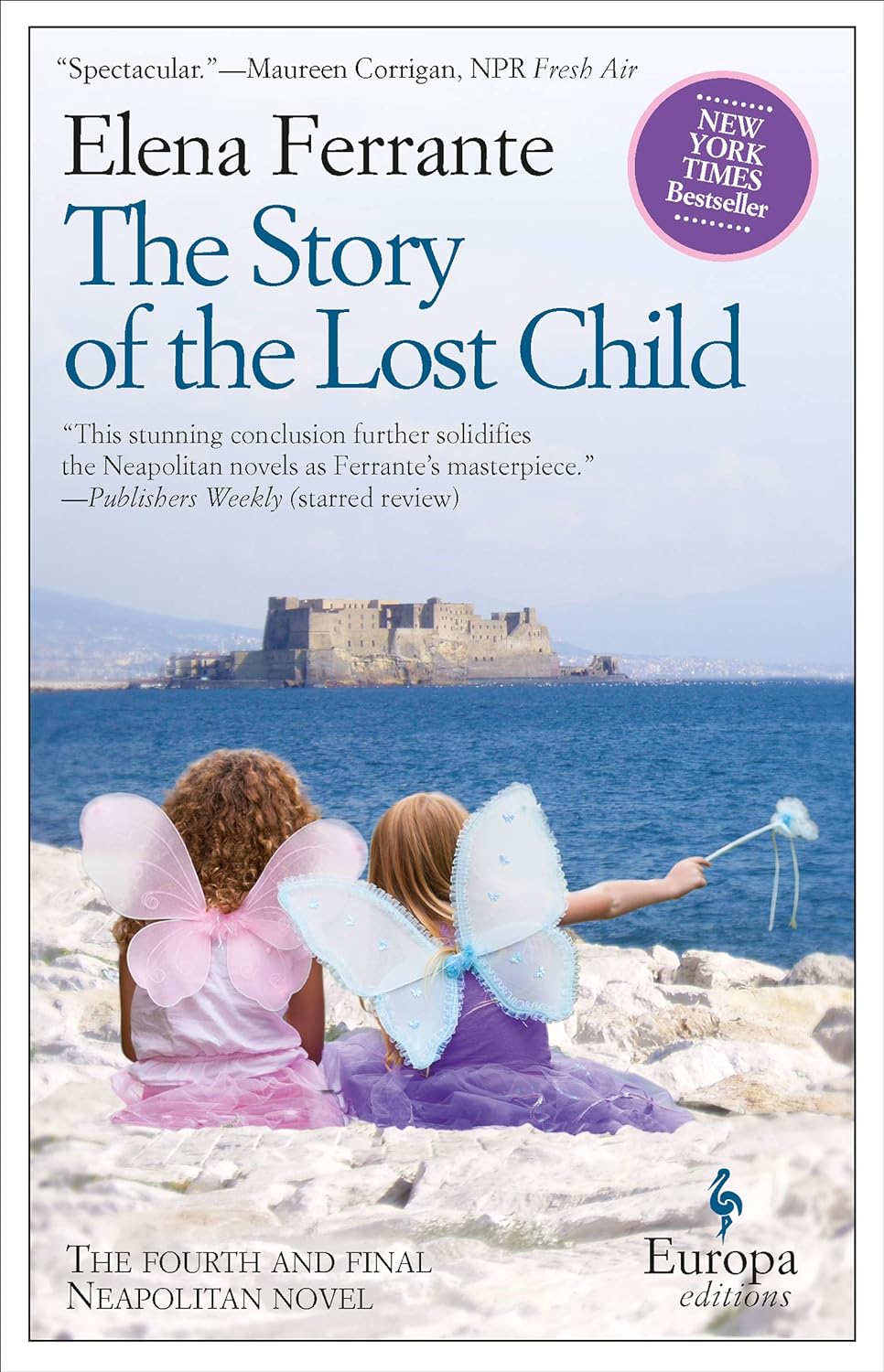
The Story of The Lost Child (Neapolitan Novels)
“The Story of the Lost Child”, the final act of the Neapolitan Novels, sees childhood friends Elena and Lila as complex adults. Elena, a published author, returns to Naples for love. Lila, an entrepreneurial force, grapples with her daughter’s mysterious disappearance, the death of a friend, and her son’s addiction. Against a backdrop of Naples’ harsh realities, their lifelong bond is tested as they navigate loss, family troubles, and the allure and dangers of their old neighbourhood.
Pick up any of these 7 Elena Ferrante Novels from any Kunzum store or WhatsApp +91.8800200280 to order. Buy the book(s) and the coffee’s on us.
